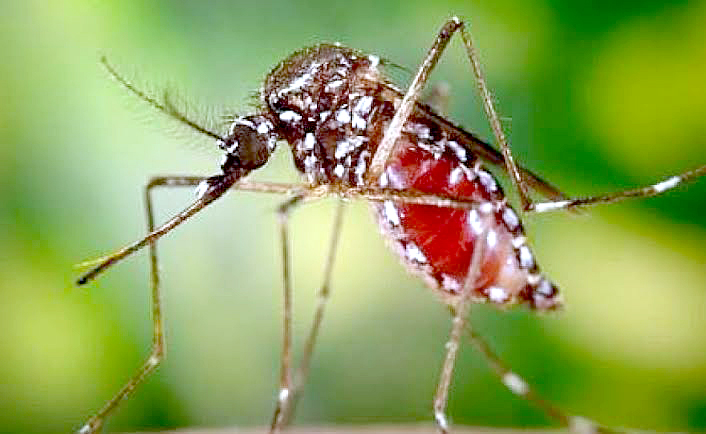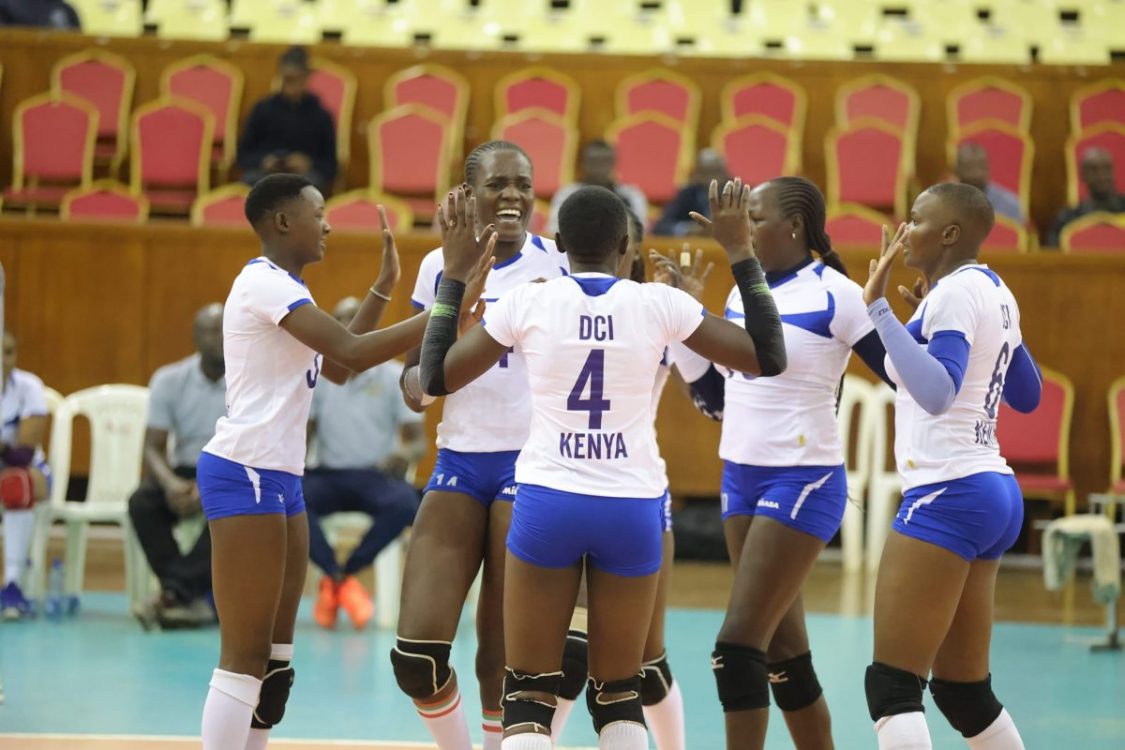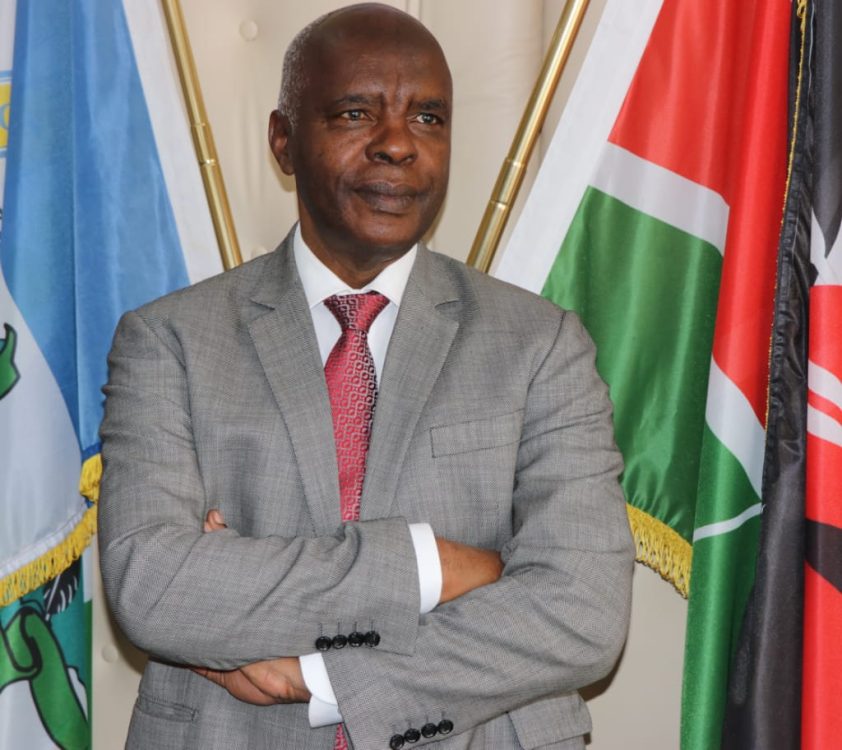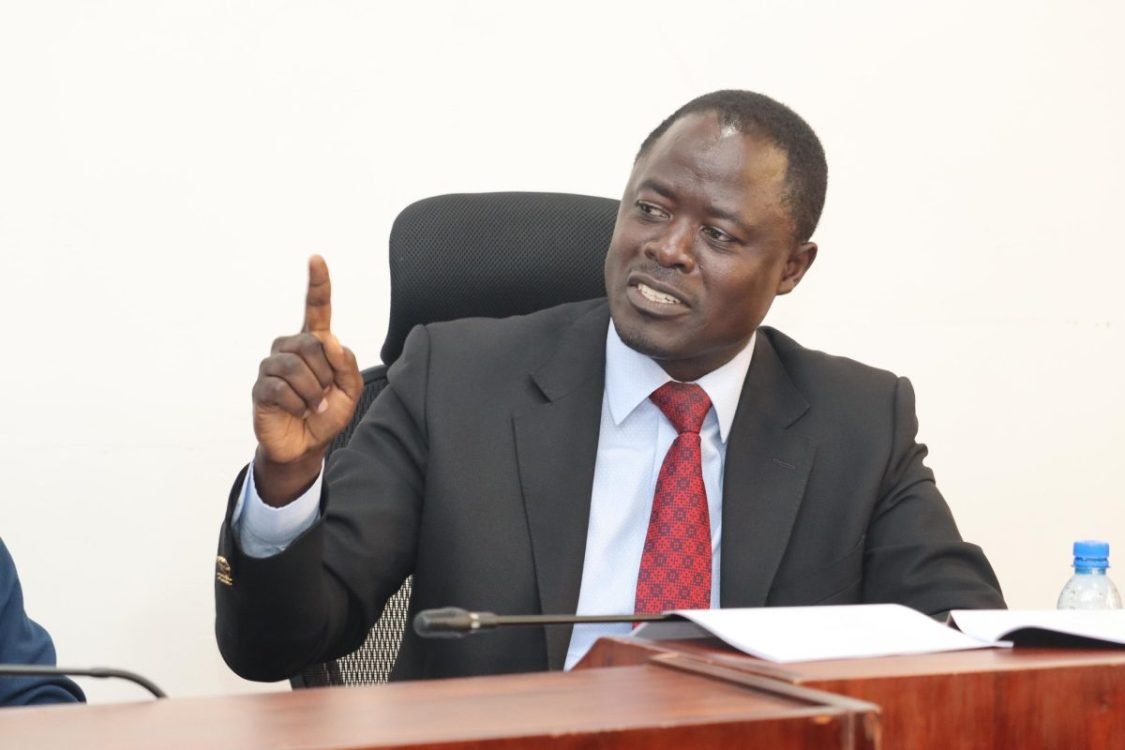Mombasa grapples with new Chikungunya viral outbreak

Flooded homes, impassable roads, and the stench of raw sewage are now familiar scenes in parts of Mombasa whenever it rains. These grim conditions have become breeding grounds for the Aedes aegypti mosquito— a vector of the painful and rapidly spreading viral disease, Chikungunya.
The coastal city is currently in the grip of a confirmed outbreak. Health officials have reported 25 confirmed cases of the mosquito-borne virus out of 45 samples tested by the Kenya Medical Research Institute (KEMRI)—a worrying positivity rate of 56 per cent.
One additional case tested positive for dengue fever, further escalating public health concerns.
“This is now a confirmed outbreak,” said Hussein Bilal, Mombasa County’s lead disease surveillance officer, revealing that the virus began spreading rapidly in mid-May and local hospitals have since reported a sharp increase in patients showing symptoms.
According to Bilal, all six sub-counties in Mombasa have recorded infections, with Mvita, Changamwe, Likoni, and Kisauni among the hardest hit.
Notable symptoms
Medical facilities across the county are overwhelmed as more residents seek treatment for symptoms typical of Chikungunya.
These symptoms include sudden high fever, severe joint and muscle pain, headaches, and rashes.
In some cases, patients also report eye pain, gum inflammation, and diarrhoea.
Mariam Ali, a resident of Mkomani, fell ill in the first week of last month.
“The next day, my husband and two children were also down with similar symptoms. The clinic ruled out malaria, but tests later confirmed we had Chikungunya,” she recalled.
Chigulu Ngala, a radio presenter at Msenangu FM, had a similarly harrowing experience.
“I had a splitting headache and high fever. I couldn’t even walk. Rashes covered my body, and the urge to scratch was uncontrollable. My gums were sore. Later, I was diagnosed with both Chikungunya and dengue,” he said, adding that he has spent over Ksh10,000 on medication.
The surge in cases has been blamed on persistent rains and poor drainage infrastructure, which have created stagnant water pools—ideal breeding grounds for mosquitoes.
Critics say the situation is a direct result of chronic neglect of Mombasa’s ageing drainage systems.
For long-suffering residents across Mombasa, roads have turned into rivers. In some residential areas, stormwater, redirected by nearby high-rise developments, has no outlet and is flooding homes.
Some basements now resemble riverbeds, rendering ground floors uninhabitable.
“Our pleas to the county government have been ignored,” lamented one resident, accusing officials of intentionally diverting storm water into residential compounds on the orders of a senior official.
Beachmart Nyali resident Rashid Gona described the flooding as a recurring nightmare, while Vivian Otieno from the same area expressed fears over the health of children.
“It seems the entire Mombasa leadership has gone silent while the county sinks. The governor even claimed that flooding along Links Road is a national government problem,” said former Nyali MP and local businessman Hezron Awiti, who has been vocal in criticising county leadership over its failure to act.
This is not the first time Mombasa has faced such an outbreak. In 2017, the county battled a severe dengue fever outbreak, followed by a Chikungunya outbreak later that year. In 2021, a suspected new dengue variant was reported, prompting an investigation by national health experts.
Perennial problem
“Dengue is now endemic in Mombasa. It’s just like malaria,” Bilal said.
In response to the current crisis, County Transport Executive Daniel Manyala said the government has been trying to provide temporary relief by draining floodwaters from critical roads like Links Road into nearby quarries.
“This area has been a perennial problem,” said Manyala, revealing that the road falls under the Kenya Urban Roads Authority (KURA), which floated a tender for a major drainage overhaul.
The project has, however, stalled due to a pending appeal on the tender.
Manyala also warned of an alarming trend where developers are illegally channelling raw sewage into storm drains.
“It’s criminal to build high-rises without proper waste systems like bio-digesters or septic tanks,” Manyala said.
Governor Abdulswamad Nassir has previously flagged some buildings in Nyali for blocking natural waterways.
As rains continue to lash the coast, residents say they feel abandoned and are demanding urgent action from a government they believe has turned a blind eye to their suffering.















